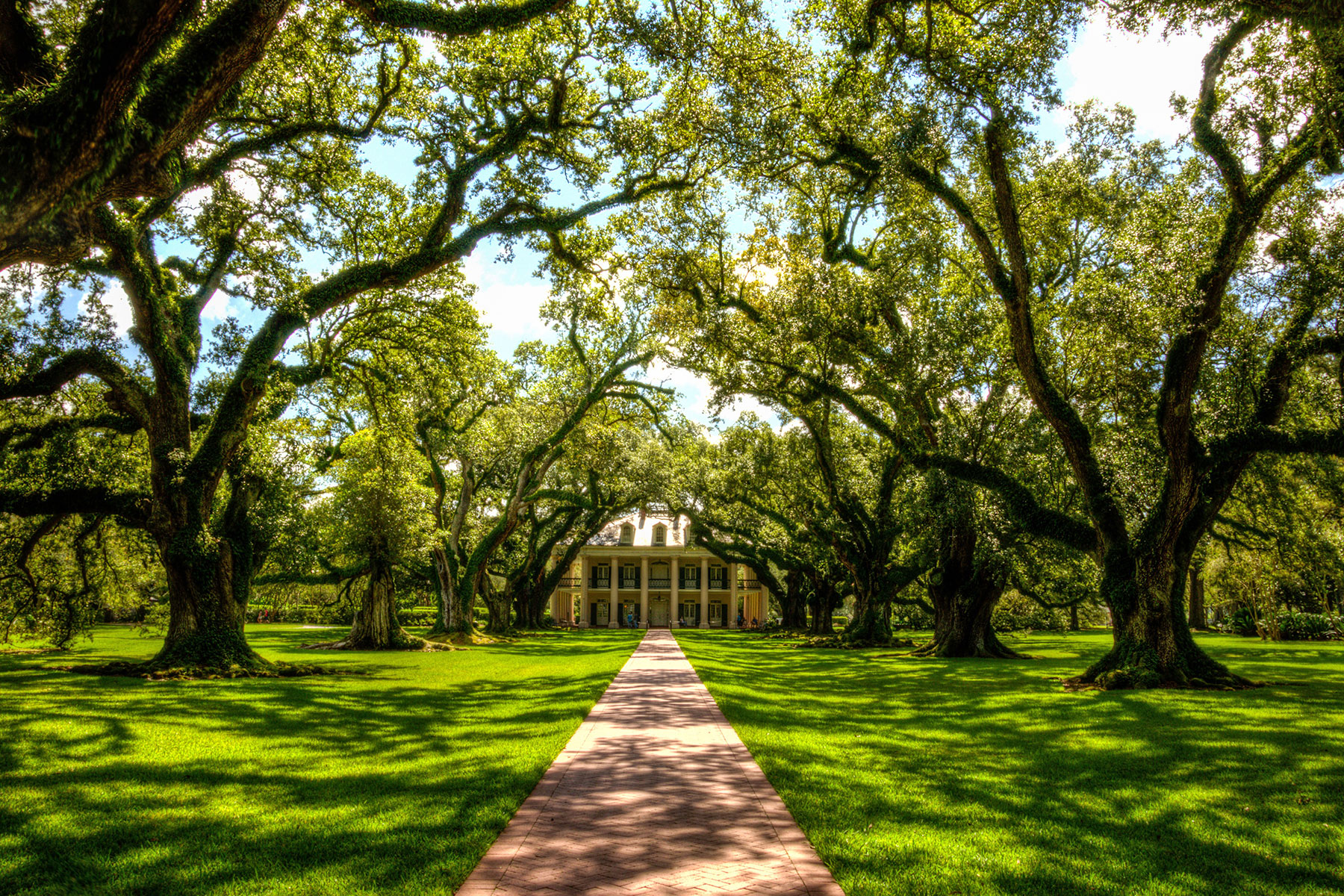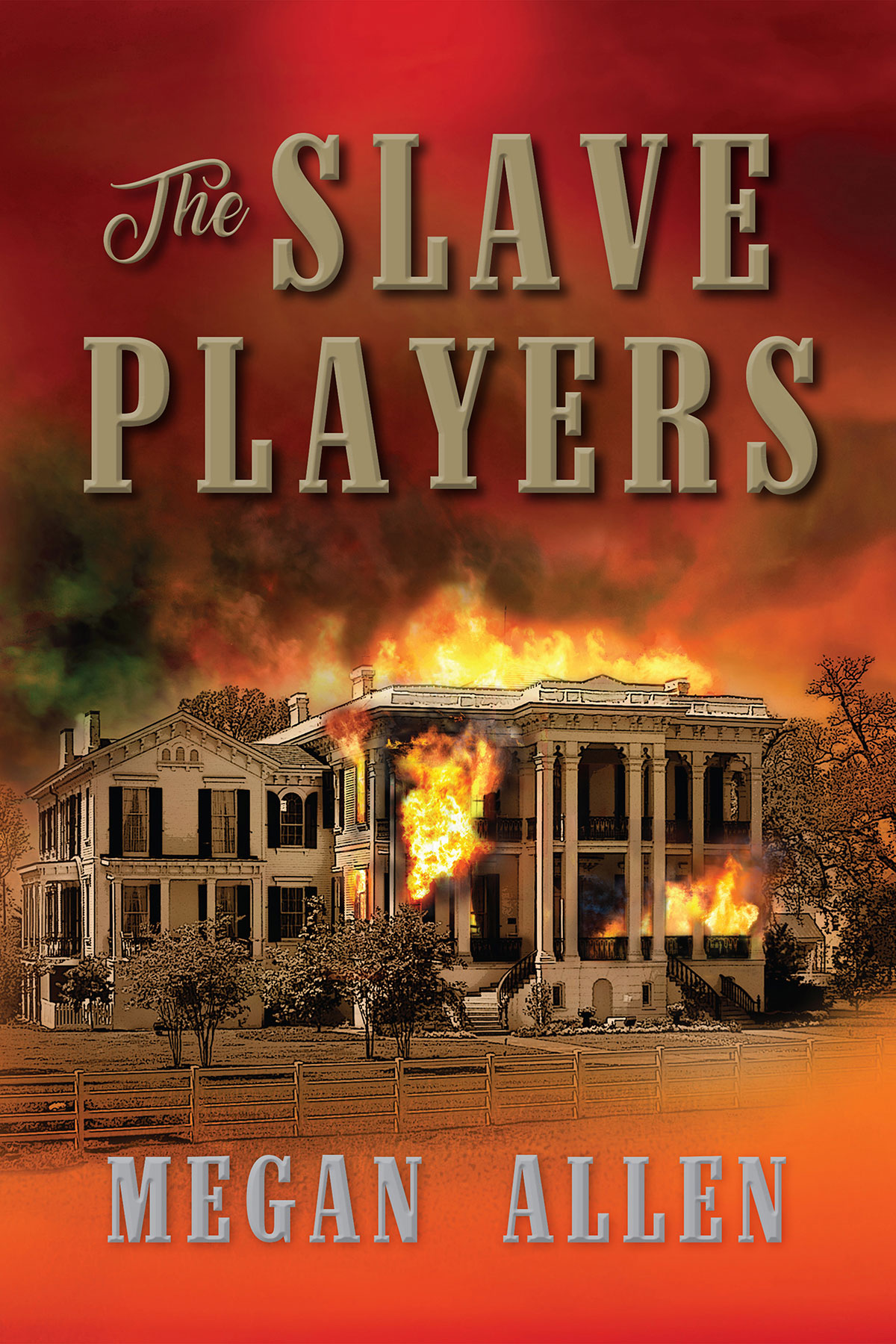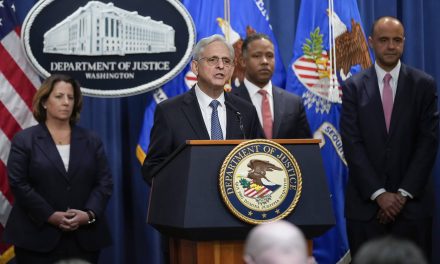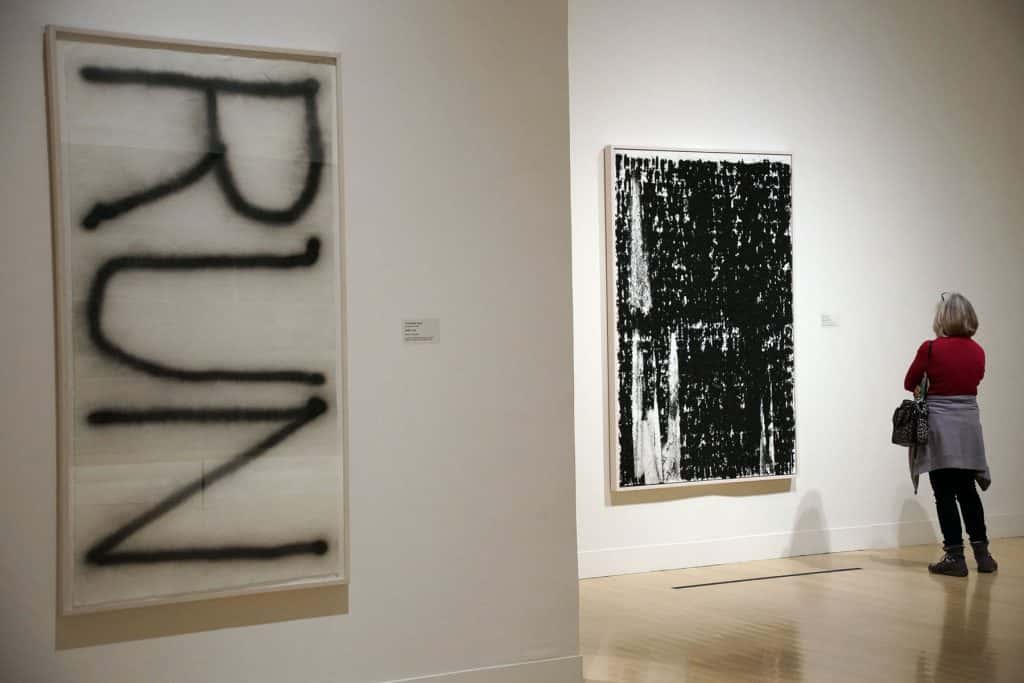
The Journalism Department of the University of Wisconsin-Milwaukee received a letter from the Loyal White Knights of the Ku Klux Klan (KKK) in protest of a fictional book in early October.
The message was written by a representative of a KKK faction in North Carolina. It comes in response to a recently published novel, “The Slave Players” by Megan Allen, asking libraries and colleges across the nation to ban the book.
The plot is a mix of Django Unchained meets The Hunger Games (or Battle Royale by Koushun Takami). The modern day and fictional story takes place in the Deep South, which is suffering from outbreaks of racial unrest that leads to a new Civil War.
Except this time, white people are cast into slavery.
The letter sent to UW-Milwaukee stated that the book is “loud-mouth literature that poisons society against us,” and that it “was clearly written just to agitate the college educated who always think they have a better answer for the woes of the world.”
“Recently we have come under extreme fire for being a hate group. This couldn’t be further from the truth. We follow the teachings of the Bible and only wish to keep the white race pure as God intended for His chosen people,” the unsigned letter from the KKK added. “Only those who live in ignorance call us hateful. We wish no harm to anyone if they just leave us alone.”
UW-Milwaukee released a statement about the correspondence saying, “The content of this letter is abhorrent to us. Diversity and inclusion are among UWM’s core values. We reject claims of racial superiority and stand firmly in support of a diverse campus that welcomes people of all races and religions.”
The Slave Players does not exactly fit into the sub-genre of science fiction known as alternative history, or AltHistory, but it comes close to that profitable industry premise.
There is no shortage of books supposing that Hitler and the Axis powers won World War II, including the 1962 classic by Philip K. Dick, The Man in the High Castle which is currently streaming as an exclusive Amazon TV series.
The fictional plot of the 1983 AltHistory novel A Rebel in Time, by Harry Harrison, is about a racist colonel who wants to change history by helping the Confederate States of America (CSA) win the American Civil War.
The acceptance of such fiction also led to the 2012 movie Abraham Lincoln: Vampire Hunter. Based on the book of the same title, the film depicts the secret life of the 16th President of the United States and his personal crusade to slay vampires who had flocked from Europe because of the American slave trade. As if the true history of slavery was not horrific enough, White American culture thought adding vampires would be a good story to watch at the cineplex.
Other than historians and literary fans arguing over the storyline and plausibilities involved in playing “what if” by twisting documented historical events, there has been no major national protest or boycott of the genre, and no sizable backlash to sensitive subjects has made the genre unprofitable.
“Back in May we distributed several dozen advance reader copies of The Slave Players at an anti-hate rally in South Carolina,” said Lucy Collins from Burn House Publishing. “An email campaign then ensued against our publishing house by a group who did not specifically identify itself, but we were fairly certain that we had struck a nerve with a KKK chapter.”
The Southern Poverty Law Center (SPLC) is currently working to identify the individuals behind the protest campaign that targeted UW-Milwaukee and other universities around the country. According to the publisher, the story has struck a cord with campuses across America, and they are having trouble keeping up with the volume of book orders.
Burn House Publishing also offers a program where anyone who cannot afford to purchase the novel can leave a comment to receive a copy at no charge. They are also running a promotion for SPLC’s efforts to end hate, that includes a free copy of The Slave Players with a $10 donation.
Allen’s debut fiction novel showcases her talents to speak out about oppression, social injustice, and shine a light on the racism that still plagues our communities. The novel is a role reversal and slap at racist white society in the South, where blacks become the masters of its slave culture. In her youtube videos, the author takes a creative approach in reading some of her hate mail (Warning: Adult Language).
“I grew up naively, and had no idea that racism still prevailed with such intensity in my own country. Then I met Alabama.” – Megan Allen
It remains unclear why UW-Milwaukee was specifically targeted with a protest letter from the KKK, but Wisconsin has a long and uncomfortable history with racism.
The Klan and MilwauKKKee
The Ku Klux Klan (KKK) first appeared in the United States in 1866. Founded by veterans of the Confederate Army, the KKK’s main purpose was to resist Reconstruction and overthrow the Republican governments of the South. The group was notorious for maintaining white supremacy through the use of violence and intimidation.
The Civil Rights Act of 1871 essentially destroyed the original KKK in the South, but by the 1920s they reappeared across the country and in Wisconsin. While the cities of Madison, Racine, Kenosha, and Oshkosh all had Ku Klux Klan chapters, Milwaukee held a higher concentration of participation, with estimates of 15,000 members of the 2 million nationwide. Cross burnings were a common occurrence for several years, and many state and municipal officials gained office because of Klan backing. Klan membership in Wisconsin declined in the 1930s and did not become active again until the 1960s Civil Rights Movement, when new chapters were formed.
On August 9, 1966, the two-story brick building that housed the headquarters of the Milwaukee chapter of the National Association for the Advancement of Colored People (NAACP) was bombed. It would prove to be one of the major catalysts in the eventual development of the Milwaukee NAACP Youth Council‘s aggressive security unit known as the Commandos.
In his capacity as NAACP advisor, Father James Groppi organized the Milwaukee Commandos to protect marchers and help quell violence during the “Freedom Marches” through the city. At the time, there were continuous demonstrations in demand of fair housing, with the best known being when Father Groppi led a march across the 16th Street Viaduct spanning the Menomonee River Valley.
According to the Southern Poverty Law Center, Wisconsin had at least three KKK chapters as late as 2004.
















